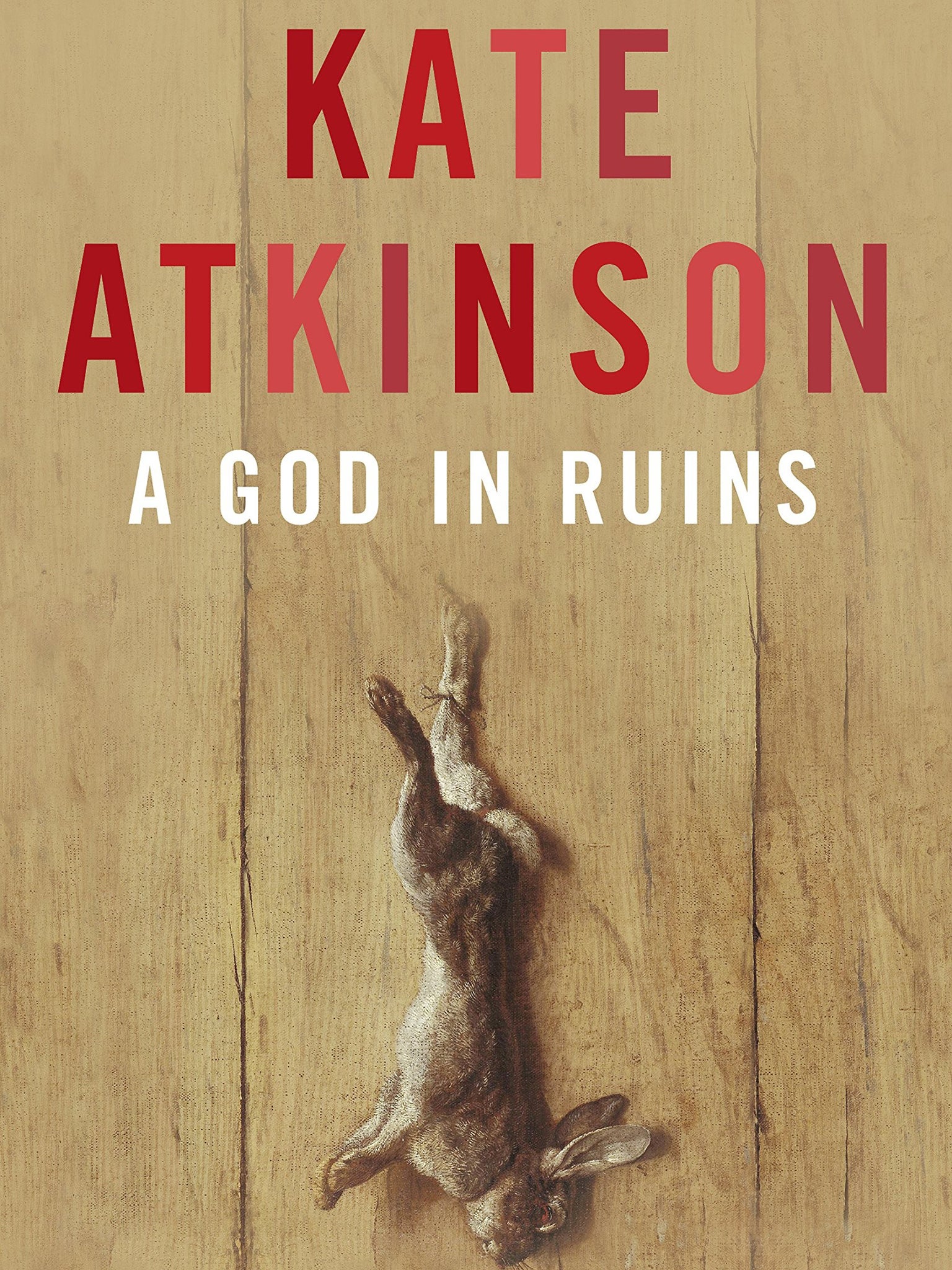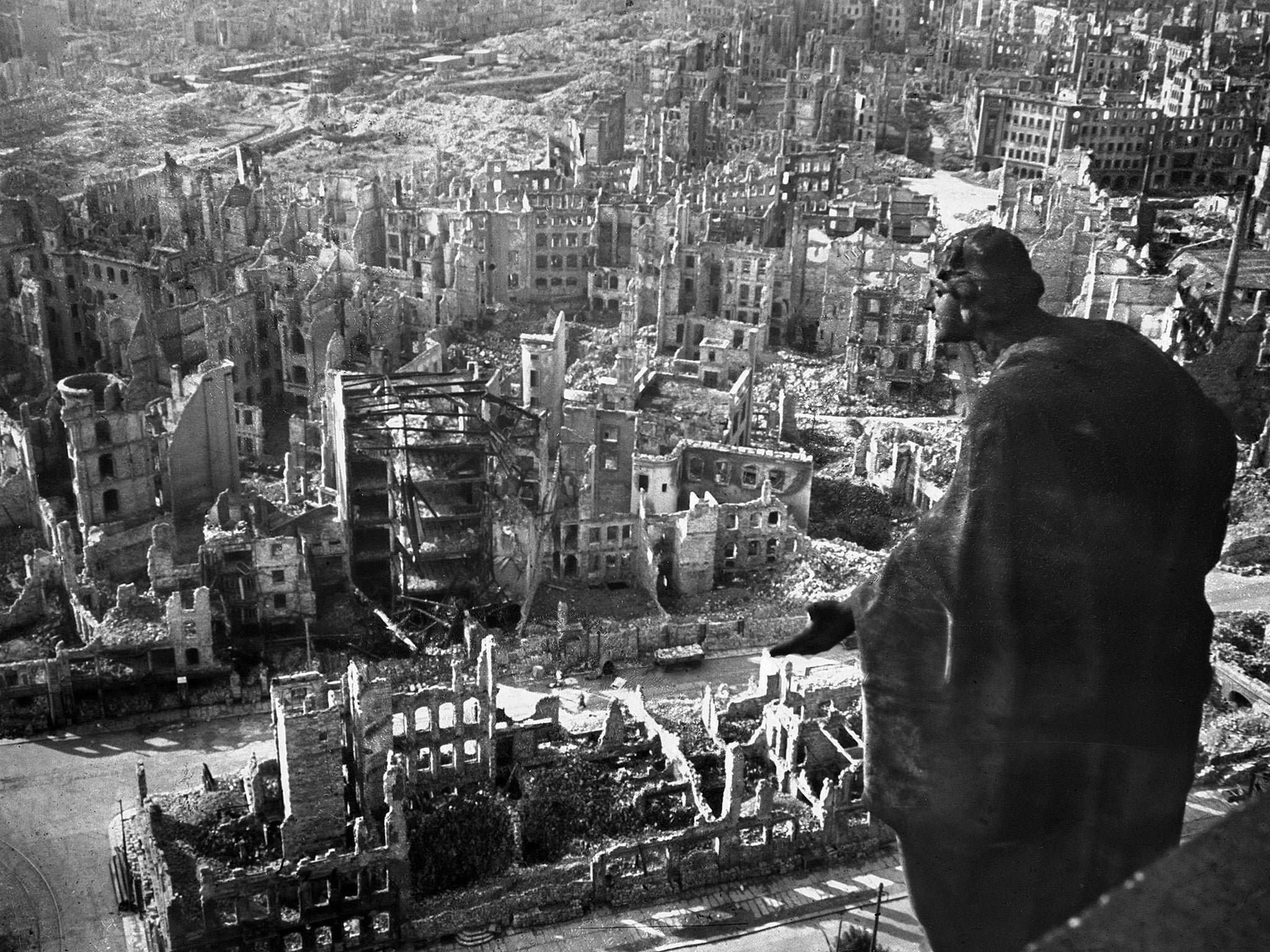Your support helps us to tell the story
From reproductive rights to climate change to Big Tech, The Independent is on the ground when the story is developing. Whether it's investigating the financials of Elon Musk's pro-Trump PAC or producing our latest documentary, 'The A Word', which shines a light on the American women fighting for reproductive rights, we know how important it is to parse out the facts from the messaging.
At such a critical moment in US history, we need reporters on the ground. Your donation allows us to keep sending journalists to speak to both sides of the story.
The Independent is trusted by Americans across the entire political spectrum. And unlike many other quality news outlets, we choose not to lock Americans out of our reporting and analysis with paywalls. We believe quality journalism should be available to everyone, paid for by those who can afford it.
Your support makes all the difference.Kate Atkinson’s Life After Life was a major popular hit, dazzling many readers with its epic exploration of the infinite possibilities of the life of its protagonist Ursula Todd. A God in Ruins isn’t a sequel as such but a companion piece, shifting focus from Ursula to her brother Teddy. But can the new novel live up to the insight and inventiveness of the original?
After just a few pages it becomes clear that this time Atkinson isn’t going to splinter her narrative off in different directions but to stick with the one definitive version of Teddy’s life. My initial reaction to this was disappointment; the new novel feels less ambitious with less of an over-arching message to convey than its predecessor.
More to the point, as many of the same characters reappear but are now fixed to one life rather than fractured among several, my worry was that this would somehow retrospectively reduce the achievement of Life After Life. But, very quickly, I was drawn into the new novel. Besides, if Atkinson did the same thing all over again, wouldn’t she just be repeating herself with inevitably less impact than before?
That’s not to say that A God in Ruins is totally conventional in form. Covering the almost 100-year timeline of Teddy’s life (which begins just before the First World War), it jumps deftly from decade to decade, and chapters from his point of view are interspersed with others telling the interlinking stories of his wife, daughter, grandson and granddaughter.

Forming its backbone are the sections relating Teddy’s time as an RAF fighter pilot in the Second World War but, apart from this period of incredible yet incredibly modest heroism, much of the rest of his story is laced with ordinariness and disappointment. As one character remarks, the experiences of life can blunt a person’s sharp edges.
Life After Life notably missed out on many of the major literary prizes, perhaps because of critical snobbery; I’ve heard critics and fellow authors deride Atkinson because in the past she’s worked in genre and her novels have sold in their millions. But with A God in Ruins she, once again, proves herself to be a writer of considerable talent. Her command of structure is extraordinary, as is the way she weaves echoes of one character’s actions through the subsequent decades and generations. She writes with terrific compassion for her characters and demonstrates a particularly strong understanding of parent/child relationships. She also shows off a brilliantly brittle sense of humour that on several occasions made me laugh out loud.
The most memorable passages of Life After Life were set during the Blitz, and it’s the chapters of A God in Ruins that take place during the RAF’s bombing of Germany that really steal the show. Here, Atkinson’s research is impeccable but I was perhaps even more impressed by the way in which she shows how the impact of war can reverberate for decades afterwards.
Once again, this is a novel very much about war; while an epigraph tells us that “A man is a god in ruins”, the novel’s title can also be seen to refer to man’s disillusionment with the idea of any kind of divinity after the horrors of war.
If another key theme of the first book was life, then much more central to this one is death. After just a few pages we flash forward to Teddy’s death and his “farewell tour” of the key locations in his life, and we jump ahead to several of the other characters’ deaths surprisingly early in the narrative. Of course, death is ever-present in war but even outside war there’s a reference to death every few pages. “The tragedy of life is death”, we’re told at one point: “We’re dying from the moment we’re born.” The long series of pet dogs loved and lost by many of the characters suggests that death is in the natural order of things – and the book as a whole reads like a meditation on death and the impact of death on life.
So, it’s strong stuff but always expertly handled. And, just in case you haven’t got over the disappointment of having to follow one single version of Teddy’s life, in the novel’s final pages there’s a twist that transports us back to the dizzying array of possibilities offered up in Life After Life. Without giving too much away, Atkinson takes up the theme that originally fascinated her and attacks it from a different and totally unexpected angle, in the process revealing the two novels to be much more similar than they may at first have seemed. And to my mind, A God in Ruins stands as an equally magnificent achievement.
Doubleday £20
Matt Cain is the former Culture Editor of Channel 4 News. His debut novel, Shot Through the Heart, is published by Pan Macmillan

Join our commenting forum
Join thought-provoking conversations, follow other Independent readers and see their replies
Comments